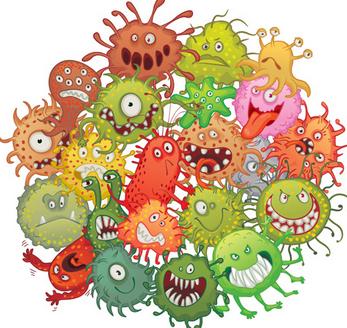2024-08-08
It is widely accepted that placebo-control is valid for determining the effect of a medical intervention, such as a drug or a vaccine. If a group of patients treated with an intervention fares differently to a similar group treated instead with a placebo, then it may be inferred that the difference (whether better or worse) is likely due to the intervention.
If the intervention group did not exhibit the expected result, then it is reasonable to assume that the intervention does not work as intended.
It is therefore reasonable to suppose that a similar placebo-control method could be used to verify whether the widely-used virus isolation technique, which involves adding a culture which is suspected of harbouring a virus to a cell culture which is supposed to permit the virus to multiply for the purpose of identification and subsequent isolation, would be desirable.
If adding the suspect virus culture to the growth culture does produce a result which differs from adding a placebo culture to the growth culture, then we have reason to believe that a virus or other pathogen of some sort may have been identified and could be filtered out and investigated.
If the two results are more or less identical, then the hypothesis that the virus or pathogen can be filtered out and investigated from this experiment can be discounted.



